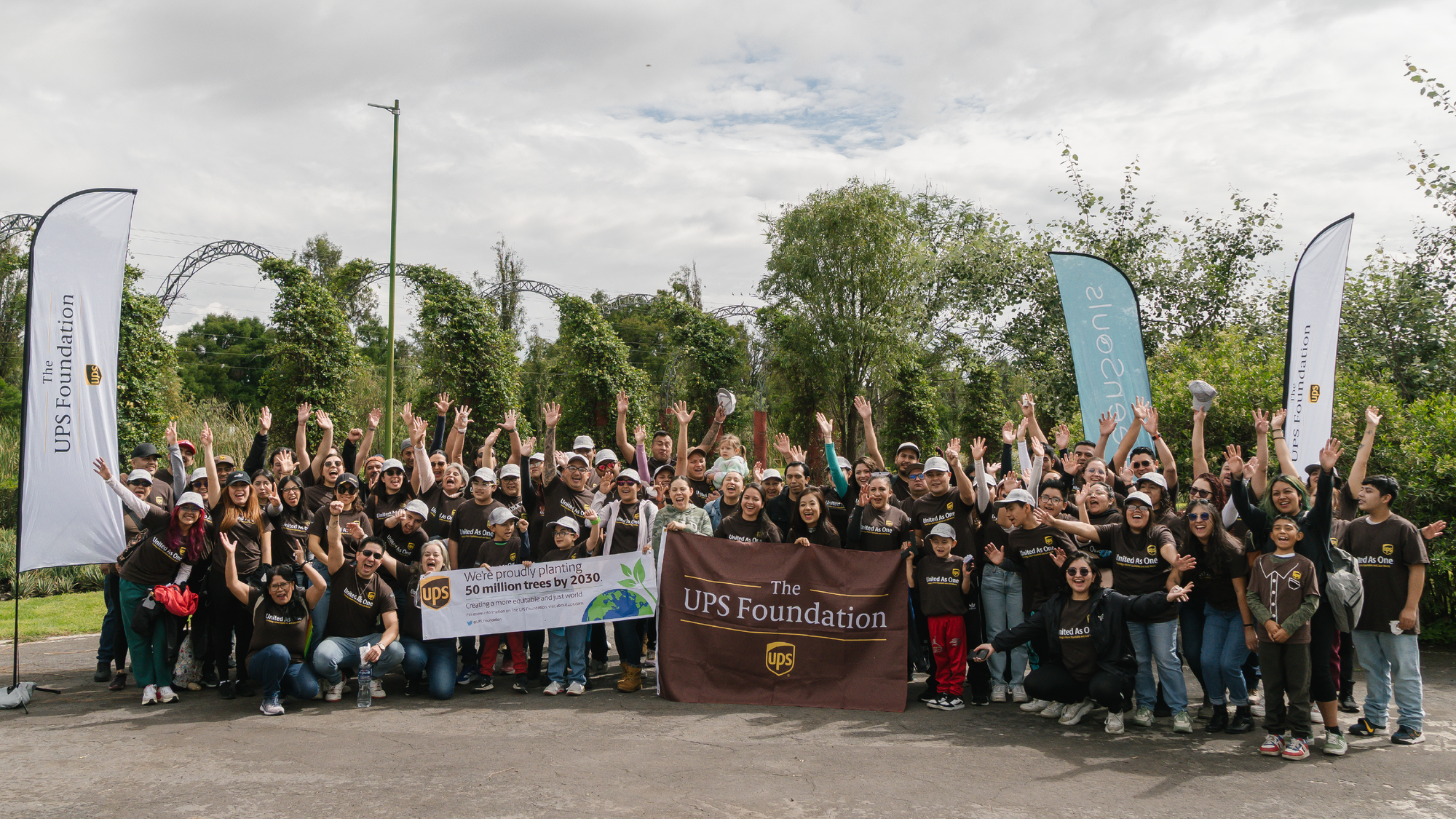Un compromiso global con impacto empresarial
Las empresas juegan un papel fundamental en la construcción de un futuro sostenible. Los Objetivos de Desarrollo Sostenible (ODS), establecidos por la ONU, proporcionan una hoja de ruta para que el sector privado contribuya activamente a la solución de los desafíos globales. Desde la lucha contra el cambio climático hasta la promoción de economías circulares, cada organización tiene el potencial de generar un impacto positivo y medible.
¿Por qué las empresas deben alinearse con los ODS?
Adoptar estrategias alineadas con los ODS no solo beneficia al planeta y a la sociedad, sino que también aporta ventajas competitivas a las empresas. Entre los principales beneficios se incluyen:
Reputación y diferenciación: Las marcas responsables generan mayor confianza y lealtad entre los consumidores.
Cumplimiento regulatorio: Alinearse con estándares ambientales y sociales facilita la adaptación a nuevas normativas.
Ahorro de costos y eficiencia operativa: Estrategias sostenibles pueden reducir costos energéticos, minimizar desperdicios y optimizar recursos.
Acceso a inversión sostenible: Los fondos de inversión cada vez priorizan proyectos con enfoque ESG (Ambiental, Social y de Gobernanza).
Acciones empresariales para contribuir a los ODS
A continuación, exploramos algunas estrategias clave que las empresas pueden implementar para generar impacto y alinearse con los ODS:
1. Producción y consumo responsables (ODS 12)
Implementar modelos de economía circular permite reducir residuos y fomentar la reutilización de materiales. Empresas pueden adoptar:
· Uso de empaques biodegradables o reciclables.
· Programas de recuperación y reciclaje de productos.
· Reducción del desperdicio de materias primas en la cadena de producción.
2. Acciones por el clima (ODS 13)
El cambio climático es uno de los mayores desafíos actuales. Las empresas pueden:
· Medir y reducir su huella de carbono.
· Invertir en energías renovables y eficiencia energética.
· Fomentar la movilidad sostenible dentro de su organización.
3. Vida submarina y vida de ecosistemas terrestres (ODS 14 y 15)
Proteger la biodiversidad es esencial para un planeta saludable. Acciones como:
· Restauración de ecosistemas marinos y terrestres mediante siembra de manglares y corales.
· Reducción del uso de plástico y programas de limpieza de playas y ríos.
· Prácticas responsables en el uso de recursos naturales en la cadena de suministro.
4. Ciudades y comunidades sostenibles (ODS 11)
El sector privado puede impulsar cambios significativos en las ciudades promoviendo:
· Construcciones sostenibles con materiales ecológicos.
· Programas de responsabilidad social para mejorar la calidad de vida en comunidades vulnerables.
· Proyectos de movilidad sustentable y espacios verdes urbanos.
5. Alianzas para lograr los objetivos (ODS 17)
El trabajo conjunto entre empresas, gobiernos y organizaciones sin ánimo de lucro potencia el impacto sostenible. Iniciativas como:
· Participación en programas de colaboración público-privada.
· Apoyo a ONG y proyectos de impacto social y ambiental.
· Integración de proveedores con estándares de sostenibilidad en la cadena de valor.
GreenSouls: Tu aliado en sostenibilidad empresarial
En GreenSouls, ayudamos a las empresas a integrar estrategias de sostenibilidad alineadas con los ODS y los criterios ESG. A través de nuestros programas de impacto, eventos signature y proyectos de restauración ecológica, facilitamos a las marcas la generación de valor mientras contribuyen al bienestar del planeta y la sociedad.
Si tu empresa está lista para hacer la diferencia, contáctanos y trabajemos juntos para crear un futuro más sostenible. ¡Hagamos del compromiso ambiental una ventaja competitiva y un legado positivo para las siguientes generaciones! 🌎💚















